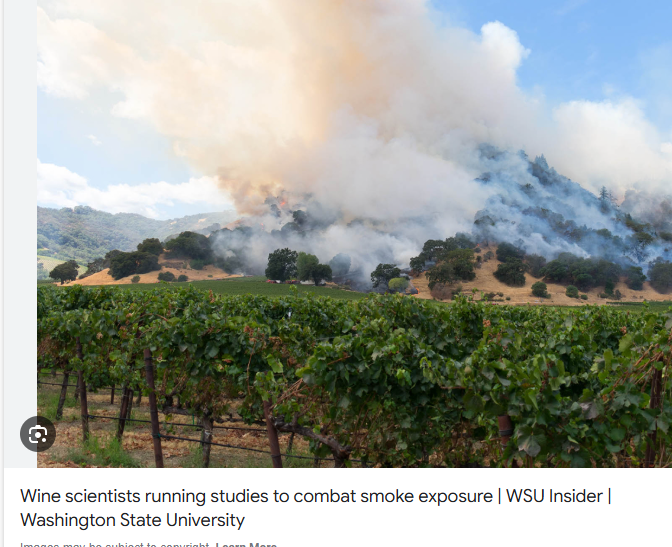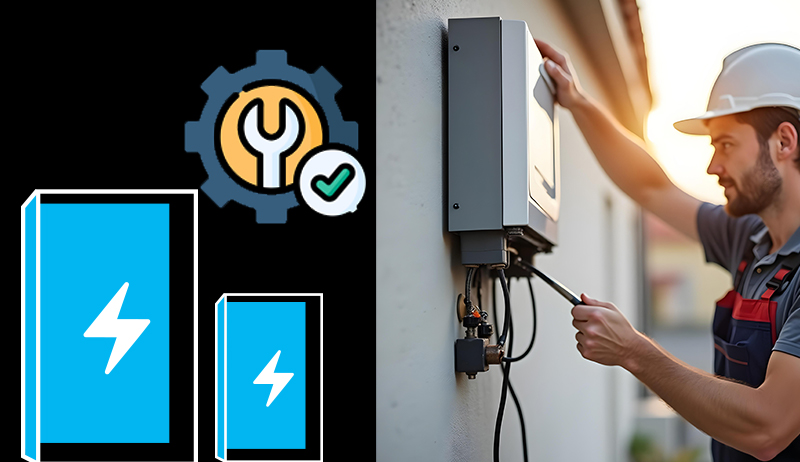The Bureau of Land Management (BLM) is holding an open-house meeting in Yuma, Ariz. on Feb. 15 to provide information on the Department of the Interior’s efforts to support the updated Western Solar Plan.
The public meeting will preview the BLM’s proposed revisions to the agency’s plan, which would streamline the BLM’s framework for siting solar energy projects and expand the bureau’s program to cover five additional states across the West.
“The BLM is committed to ensuring public lands do their part to meet our nation’s clean energy goals,” says BLM’s director, Tracy Stone-Manning. “We can and must do so responsibly, and we look forward to hearing from the public on how to achieve that balance.”
The updated Western Solar Plan evaluates six alternatives, each proposing to make different amounts of public land available to solar development applications under different criteria such as proximity to transmission infrastructure and designated critical habitat. Public input will inform a Final Programmatic Environmental Impact Statement and Record of Decision.
The Draft Solar Programmatic EIS public comment period extends until April 18. In addition to this public meeting, BLM plans to hold two virtual and five other in-person public meetings during the comment period.
The post BLM to Host Yuma Public Meeting on Solar Development appeared first on Solar Industry.
Renewable Energy
ACORE Statement on Treasury’s Safe Harbor Guidance
ACORE Statement on Treasury’s Safe Harbor Guidance
Statement from American Council on Renewable Energy (ACORE) President and CEO Ray Long on Treasury’s Safe Harbor Guidance:
“The American Council on Renewable Energy (ACORE) is deeply concerned that today’s Treasury guidance on the long-standing ‘beginning of construction’ safe harbor significantly undermines its proven effectiveness, is inconsistent with the law, and creates unnecessary uncertainty for renewable energy development in the United States.
“For over a decade, the safe harbor provisions have served as clear, accountable rules of the road – helping to reduce compliance burdens, foster private investment, and ensure taxpayer protections. These guardrails have been integral to delivering affordable, reliable American clean energy while maintaining transparency and adherence to the rule of law. This was recognized in the One Big Beautiful Act, which codified the safe harbor rules, now changed by this action.
“We need to build more power generation now, and that includes renewable energy. The U.S. will need roughly 118 gigawatts (the equivalent of 12 New York Cities) of new power generation in the next four years to prevent price spikes and potential shortages. Only a limited set of technologies – solar, wind, batteries, and some natural gas – can be built at that scale in that timeframe.”
###
ABOUT ACORE
For over 20 years, the American Council on Renewable Energy (ACORE) has been the nation’s leading voice on the issues most essential to clean energy expansion. ACORE unites finance, policy, and technology to accelerate the transition to a clean energy economy. For more information, please visit http://www.acore.org.
Media Contacts:
Stephanie Genco
Senior Vice President, Communications
American Council on Renewable Energy
genco@acore.org
The post ACORE Statement on Treasury’s Safe Harbor Guidance appeared first on ACORE.
https://acore.org/news/acore-statement-on-treasurys-safe-harbor-guidance/
Renewable Energy
Should I Get a Solar Battery Storage System?
Renewable Energy
Wine Grapes and Climate Change
 I just spoke with a guy in the wine industry, and I asked him how, if at all, climate change is affecting what we does.
I just spoke with a guy in the wine industry, and I asked him how, if at all, climate change is affecting what we does.
From his perspective, it’s the horrific wildfires whose smoke imbues (or “taints”) the grapes with an unpleasant flavor that needs to be modified, normally by creative methods of blending.
-
Climate Change2 years ago
Spanish-language misinformation on renewable energy spreads online, report shows
-
Climate Change Videos2 years ago
The toxic gas flares fuelling Nigeria’s climate change – BBC News
-

 Greenhouse Gases1 year ago
Greenhouse Gases1 year ago嘉宾来稿:满足中国增长的用电需求 光伏加储能“比新建煤电更实惠”
-

 Climate Change1 year ago
Climate Change1 year ago嘉宾来稿:满足中国增长的用电需求 光伏加储能“比新建煤电更实惠”
-

 Carbon Footprint1 year ago
Carbon Footprint1 year agoUS SEC’s Climate Disclosure Rules Spur Renewed Interest in Carbon Credits
-
Climate Change2 years ago
Why airlines are perfect targets for anti-greenwashing legal action
-
Climate Change Videos2 years ago
The toxic gas flares fuelling Nigeria’s climate change – BBC News
-
Climate Change2 years ago
Some firms unaware of England’s new single-use plastic ban




